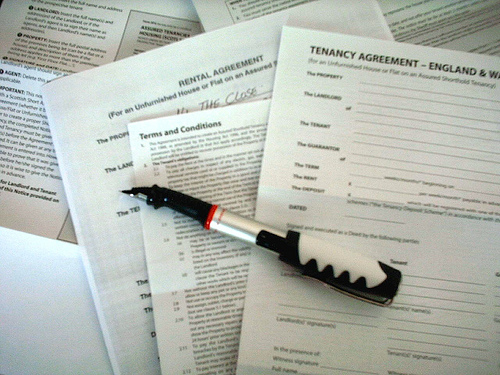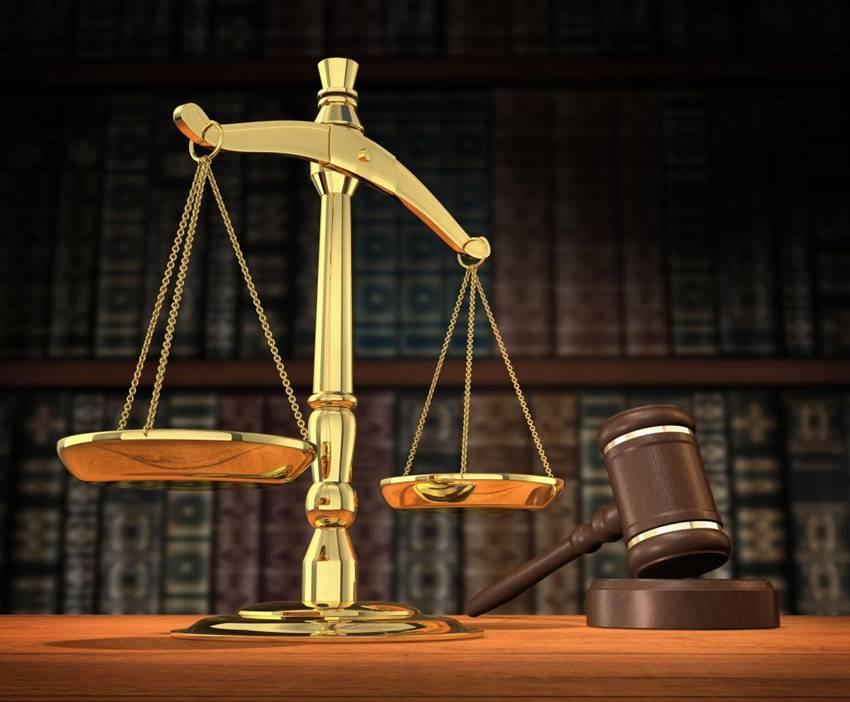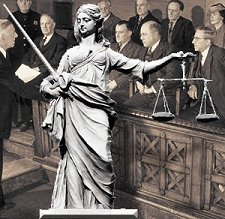 Good Georgia Lawyer is sometimes asked by our business owners: “Can I sue for both fraud and breach of contract?” The answer is: “Yes you can!”
Good Georgia Lawyer is sometimes asked by our business owners: “Can I sue for both fraud and breach of contract?” The answer is: “Yes you can!”
We have discussed this issue in a previous article, but we’ll offer further reasoning: It has been well established for decades in Georgia law that the Plaintiff can plead alternative theories of both breach of contract and fraud and is entitled to pursue inconsistent remedies until judgment. See Estate of Sam Farkas, Inc. v. Clark, 238 Ga. App. 115, 517 S.E. 2d 826 (1999) (referring to both causes of action); Carpenter v. Curtis, 196 Ga. App. 234, 236, 395 S. E. 2d 653 (1990) physical precedent) (“Affirmance of the contract by the defrauded party does not necessarily deprive him of the right to sue for damages for fraud, as the right to affirm and the right to fraud damages coexist.”)
Under O.C.G.A. § 13-5-5, fraud renders contracts voidable at the election of the injured party. Fraud ordinarily gives injured party option either to rescind contract so induced, or, by affirming contract, to claim damages as compensation. Barfield v. Farkas, 40 Ga. App. 559, 150 S.E. 600 (1929); Nalley & Co. v. Moore, 51 Ga. App. 718, 181 S.E. 429 (1935); Brown v. Ragsdale Motor Co., 65 Ga. App. 727, 16 S.E.2d 176 (1941).
 Georgia Injury Lawyer Blog
Georgia Injury Lawyer Blog




 Good Georgia Lawyer was very gratified to recently resolve a military family’s business breach of contract dispute with a Fortune 500 corporation. Our client sued under the Georgia Fair Business Practices Act and breach of contract. After resolving the lawsuit successfully, our client was kind enough to write us the following letter of appreciation:
Good Georgia Lawyer was very gratified to recently resolve a military family’s business breach of contract dispute with a Fortune 500 corporation. Our client sued under the Georgia Fair Business Practices Act and breach of contract. After resolving the lawsuit successfully, our client was kind enough to write us the following letter of appreciation:  Purpose:
Purpose: Williams Oinonen LLC (Good Georgia Lawyer) is a member of
Williams Oinonen LLC (Good Georgia Lawyer) is a member of Good Georgia Lawyer recently just explained
Good Georgia Lawyer recently just explained  We have discussed
We have discussed  Good Georgia Lawyer is sometimes asked by our business owners: “Can I sue for both fraud and breach of contract?” The answer is: “Yes you can!”
Good Georgia Lawyer is sometimes asked by our business owners: “Can I sue for both fraud and breach of contract?” The answer is: “Yes you can!”  Question: Dear Good Georgia Lawyer,
Question: Dear Good Georgia Lawyer,